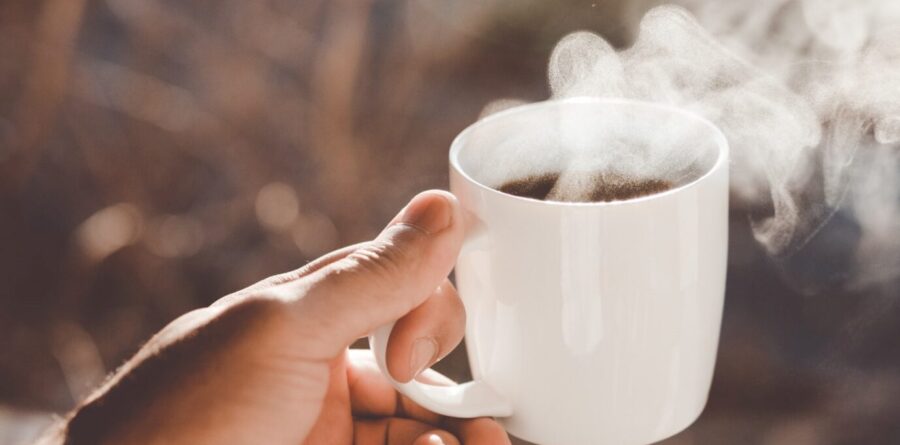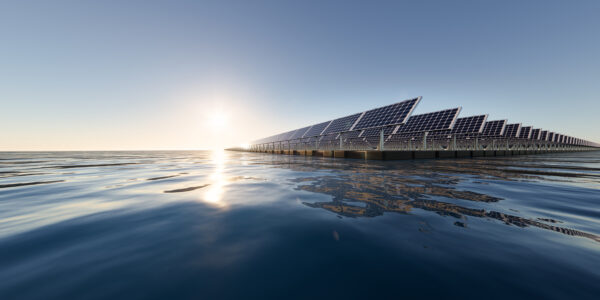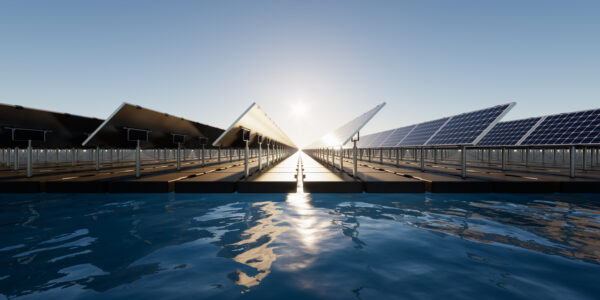Are our sustainability efforts being green washed by Bioplastics?
13/07/2021 - Halo

60 billion capsules are manufactured every year and according to Nespresso, 70% of those are not recycled and Brits are consuming more than 340 million of those coffee capsules every year. Even though these capsules are littering our cities, our shorelines, oceans, and nature only 1 in 10 Britons believe that coffee capsules are very bad for the environment.
Richard Hardwick co-founder of Halo Coffee: “Aluminium and plastic coffee capsules are difficult to recycle so most of them end up in the bin – up to 75% are currently being sent to landfill every minute. Most people don’t understand the irreversible damage these coffee capsules are inflicting on the planet. ”
With the recent rise in “green alternatives”, how does a consumer identify which products are actually sustainable and which are merely ‘greenwashing’. Yes, bioplastic coffee capsules can be labelled ‘degradable’ because everything degrades or breaks down. The problem is that plastic degrades into microplastics that can only be seen under a microscope.
Researchers are finding microplastics in everything from waterways to canned salmon and without clear language regulation between the words compostable, industrially-compostable, home-compostable, degradable, and biodegradable consumers will continue on assuming that bioplastic is good for the earth.
A Columbia University study found that “…bioplastics often end up in landfills were deprived of oxygen, they may release methane, a greenhouse gas 23 times more potent than carbon dioxide.” So why not recycle them? Bioplastics are difficult for most recycling facilities to process and as so when they are found in a recycling stream of PET (the most common plastic used for water and soda bottles), they contaminate the whole lot which is often rejected and disposed of in landfills.
HALO Experiment Video Embedded Here
“Each year, 8 million tons of plastics enter our oceans; that is equivalent to dumping a truckload of plastics into the ocean every minute.” A Yale University study found that the amount of plastic waste being produced is set to triple by 2040 and that by 2050 there will be more plastic than fish in our seas.
“[Bioplastics] are basically the same as plastic and don’t decompose in the way most people think they do,” said Rebecca Burgess, CEO of City to Sea, a UK environmental nonprofit that was formed to reduce plastic in the oceans. “They often end up as rubbish littering our streets and oceans and killing marine life. Bioplastics are a ‘false solution’ as they are single-use and there are limited options to compost them… Reducing the amount of single-use packaging we use is the only solution.”9
Coffee capsules are a real contributor to this issue as plastic takes up to 500 years to break down and aluminium takes 250 years to decompose. In comparison, paper products take about 30 days. Replacing bioplastics, plastics, and metals with compostable materials like paper is the better sustainable option because even recycling has a carbon footprint and microplastics are forever.
Halo believe that home compostable materials are the most sustainable and environmentally friendly solution – To find out more visit the Halo coffee website
All articles on this news site are submitted by registered contributors of SuffolkWire. Find out how to subscribe and submit your stories here »

